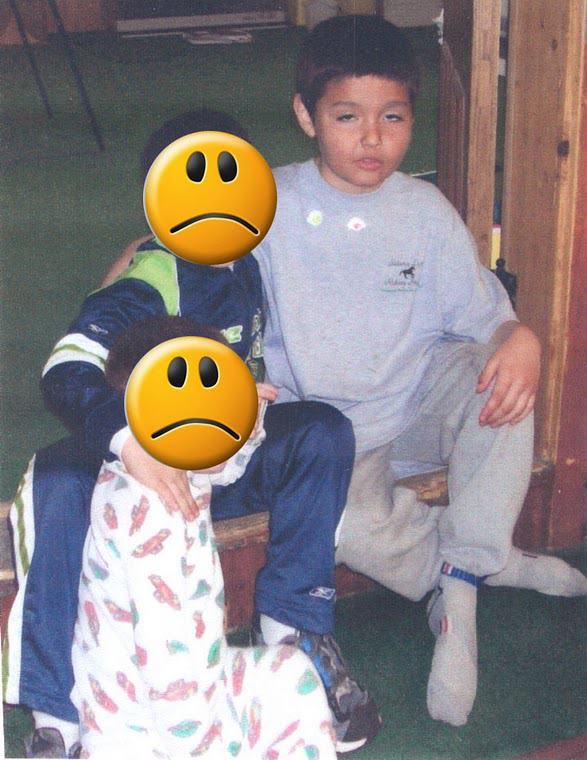Other Conditions That Can Mimic ADHD
If your child has recently experienced a traumatic event and shows symptoms such as inattention and hyperactivity, this could be situational behavior related to the event. This could indicate emotional problems that need to be addressed through individual and family therapy. Children with unidentified learning disabilities (LDs) may be frustrated in school and act out as a defense against feeling he or she can't keep up with peers. If there are alcohol or drug problems in the home, the child may act in a way that seems to indicate ADHD; however, they are simply reacting to an unhealthy environment. This is also the case if the child is in an abusive home (physical or emotional abuse can lead to this coping behavior). Anxiety and depression often express themselves differently in teens. They may appear disruptive, hostile, or agitated, which could lead to an incorrect diagnosis of ADHD.
Other factors that can cause symptoms that might seem like those of ADHD are mild or moderate seizures or inner ear infection. A child with asthma or allergies may have difficulty with breathing, which could undermine the ability to concentrate. Diabetes and hypoglycemia can also cause a child to appear distracted, so these should be ruled out as well. Vision or hearing problems can cause a child to have trouble paying attention. Caffeine can overstimulate a child.
Learning disabilities, ear infections, depression or anxiety can all be factors that could interfere with a child's ability to focus. These should be ruled out before arriving at a diagnosis of ADHD. Remember that at certain ages it is perfectly normal for children to be very active and even impulsive. Preschool children and even teens go through phases where their behavior might seem excessively hyperactive or disorganized. A diagnosis of ADHD in your child should only be made by a mental health professional that specializes in treating children and teens, and should be based on a persistent pattern of problematic behavior over time.
In summary, there are a number of other issues that might appear to indicate ADHD:
Learning Disabilities
Petit mal seizures
Middle ear infection
Anxiety and/or depression
If you suspect your child has a mood disorder, visit Adolescent Mood Disorders for more information.
If you suspect your child's problem is caused by alcohol or drug use, visit Adolescent Substance Abuse Knowledge Base
http://www.4-adhd.com/other-conditions.html
Exposing Child UN-Protective Services and the Deceitful Practices They Use to Rip Families Apart/Where Relative Placement is NOT an Option, as Stated by a DCYF Supervisor
Unbiased Reporting
What I post on this Blog does not mean I agree with the articles or disagree. I call it Unbiased Reporting!
Isabella Brooke Knightly and Austin Gamez-Knightly

In Memory of my Loving Husband, William F. Knightly Jr. Murdered by ILLEGAL Palliative Care at a Nashua, NH Hospital
No comments:
Post a Comment